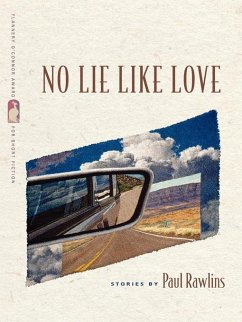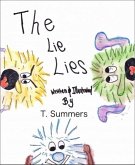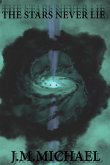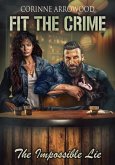A shady financier visits his small hometown, a middle-aged divorcé emerges from a life of drastic austerity and self-denial, a sick and dying professor discovers the healing touch of a former student. From the South African veldt to the barren Utah desert, from the green lawns of suburbia to moonlit Pueblo ruins, the people in Paul Rawlins's debut story collection brave the Big Questions about relationships, love, and death, finding more often than not that their happiness to just get by is not enough. Asking for truth or understanding, but hoping the answers will be simple, they struggle with feelings often too deep, too new, too disquieting to articulate.
The voices we hear most often belong to men-good men who have somehow come up short on love, answers, peace, time. Like the pro football player with a torn-up knee in "Big Texas," the HIV-positive teen in "The Matter of These Hours," or the recovering heroin addict in "August-Staying Cool," they find that age, accident, or self-made circumstances have stolen their abilities, stung their pride, or worse. Dangerously distanced from the women they should have loved more, they draw closer to buddies, brothers, fathers, and sons.
But like the alkali flats in "Good for What Ails You," transformed by flash-flooding into an inland sea, Rawlins's characters show themselves capable of quick and fundamental change. Farmers and soldiers, athletes and scholars, rebels and high rollers, they fit our preconceptions only in the shallowest sense. In the ways they connect with Rawlins's elemental imagery-sun, water, earth-these people play with our essential notions about men and women as they surprise themselves about their strengths, about what they really desire and what others desire in them.
The voices we hear most often belong to men-good men who have somehow come up short on love, answers, peace, time. Like the pro football player with a torn-up knee in "Big Texas," the HIV-positive teen in "The Matter of These Hours," or the recovering heroin addict in "August-Staying Cool," they find that age, accident, or self-made circumstances have stolen their abilities, stung their pride, or worse. Dangerously distanced from the women they should have loved more, they draw closer to buddies, brothers, fathers, and sons.
But like the alkali flats in "Good for What Ails You," transformed by flash-flooding into an inland sea, Rawlins's characters show themselves capable of quick and fundamental change. Farmers and soldiers, athletes and scholars, rebels and high rollers, they fit our preconceptions only in the shallowest sense. In the ways they connect with Rawlins's elemental imagery-sun, water, earth-these people play with our essential notions about men and women as they surprise themselves about their strengths, about what they really desire and what others desire in them.
Dieser Download kann aus rechtlichen Gründen nur mit Rechnungsadresse in A, D ausgeliefert werden.









